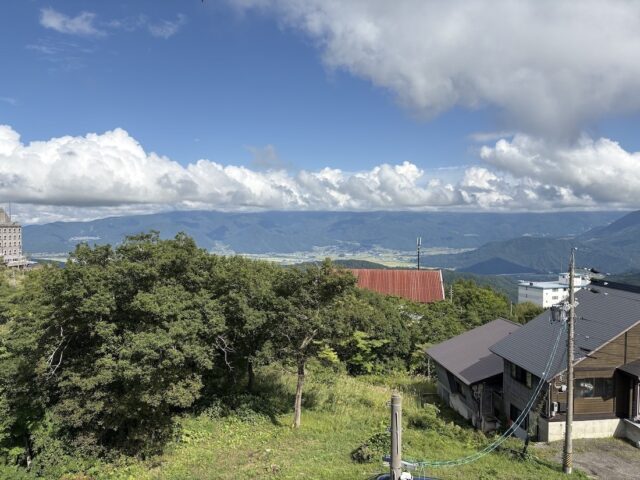
Serene Lodge - Central Madarao Ski Resort
¥78,000,000
Myoko, Niigata Prefecture, is a mountain city known for its connection to a top university’s training for a famous long-distance relay race. However, the area is experiencing a decline in population and an aging community, especially in the Suginosawa district near the Nagano border.
In late 2022, rumors began circulating about large land purchases in this district, which were confirmed when the city sold 43 hectares—including part of a national park—to a company affiliated with Patience Capital Group (PCG), a real estate fund based in Singapore and Tokyo.
PCG has also acquired nearby ski resorts, including Madarao Mountain Resort and the Myoko Suginohara ski resort, previously owned by Seibu Holdings Inc. Shigeo Yamakawa, who leads the Suginosawa Tourist Office, hopes these developments will bring more visitors but worries about the local community being left behind if the focus shifts mainly to attracting wealthy tourists.

The number of accommodation facilities in Suginosawa has dropped from around 100 in the 1990s to about 30 today, reflecting the shrinking population and challenges faced by tourism-related businesses.
Foreign investment in Japanese ski resorts is becoming more common, with several major resorts changing hands. Myoko Suginohara, which opened in 1964 and once thrived with winter visitors, provided seasonal work for many local residents.